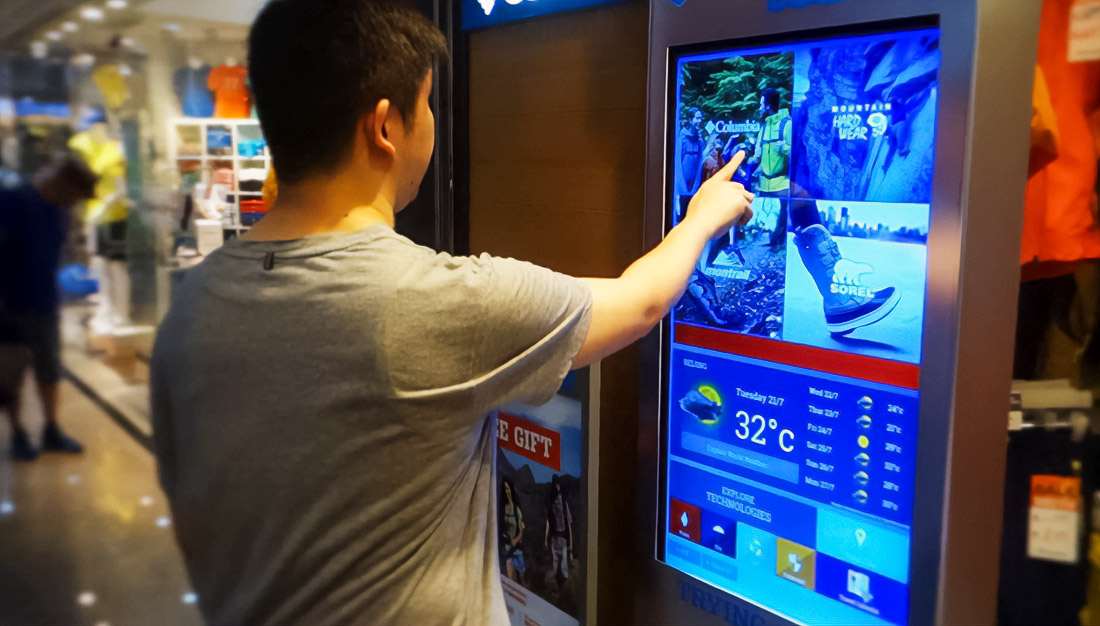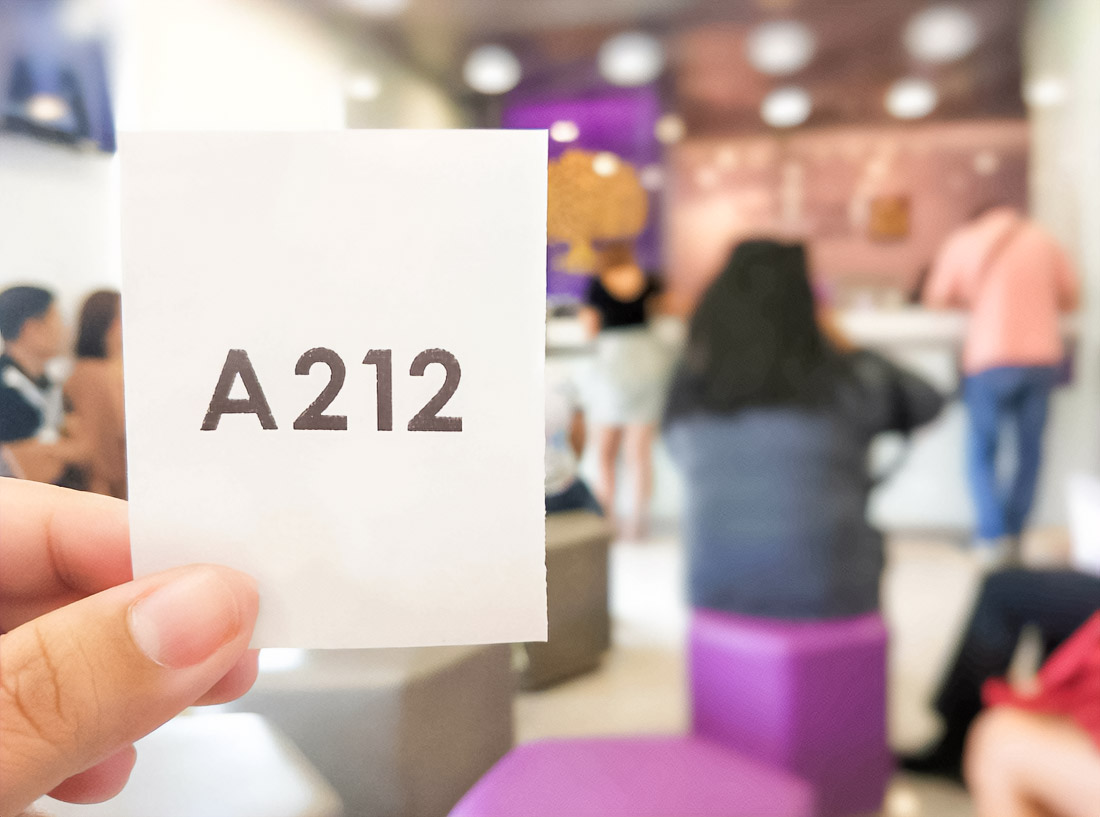Smart buildings are taking the place of conventional ones in quickly expanding cities and contributing to the sustainability of urban infrastructure. They offer excellent chances to improve ecological sustainability and make optimal use of resources. One of the main priorities is developing efficient conference hall management solutions. In addition to enabling a wider range of meetings and events, this includes state-of-the-art technology that meets the needs of businesses and the environment. Use of meeting room booking system allows effective management of space and resources.
Transformation of smart buildings: Rethinking urban infrastructure for future

Features of smart buildings: Architecture of future
Using the most recent technological developments, smart buildings are complicated systems that automate and control a wide range of functions. There are four primary features that make up smart buildings:
- Integration of management systems: All building components, including the lighting and security systems, may be monitored and controlled from centralized platforms.
- Energy efficiency: Using cutting-edge technologies to minimize energy use, such as climate control and LED systems, can save energy expenses by 20%.
- Sustainability: Utilizing eco-friendly products and methods can help cut waste and carbon emissions by 25%.
- Internet of Things connectivity: Real-time data from the Internet of Things facilitates management process optimization and quick change response.
Traditional management techniques’ drawbacks: The road to change
Traditional approaches to the management of conference halls are based on manual planning and have a range of limitations:
- Inefficient use of space: The distribution of resources is unbalanced due to a lack of information on how halls are actually used.
- Challenges in organizing: Overlapping schedules result in ineffective hall usage coordination, which raises user discontent by 15% monthly.
- Lack of integration: Isolated systems do not allow the creation of a holistic picture of current resource consumption.
Quantum leap in automation and technologies
With the development of technologies, management of conference halls evolves, making it more efficient through automation:
- Automating the scheduling process: Automated scheduling using sophisticated software that takes user preferences and hall usage history into account.
- Real-time monitoring: IoT-based systems monitor current occupancy, adapting plans based on real-time changes, saving up to 10% of user time.
- Integration between systems: Uniting lighting, climate-control, and security systems for the creation of a safe and comfortable environment.
Strategies of excellence: Resource management in smart environments
Effective strategies of resource management in modern smart buildings include:
- Energy efficiency: Use of motion sensors for automation of lighting and climate control, reducing energy consumption by 15%.
- Lighting on demand: Adaptive lighting systems change light intensity depending on the time of day and level of activity in the room.
- Intelligent climate-control: Regulation of temperature based on data about the presence of people and current climatic conditions, increasing comfort by 18%.
For a deeper understanding of the impact of technologies on urban infrastructure, one can familiarize with technologies of construction.
Role of IoT and AI: Evolution of conference-hall management
Technologies of Internet of Things and artificial intelligence play a central role in the management of conference halls:
- Data collection and analysis: IoT sensors collect data on occupancy, energy consumption, and other important parameters.
- AI for forecasting: Algorithms of artificial intelligence allow optimization of resource use and prediction of needs in the near future, increasing efficiency by 20%.
- Automation: AI algorithms automate lighting and climate control, adapting to changing conditions in the hall.
More details about role of artificial intelligence in building management can be found in this study.
Success stories: Inspiration from the real world
Some leading companies successfully implemented intelligent systems for the management of conference halls:
- Cisco Systems: Thanks to the implementation of IoT, Cisco was able to reduce the energy consumption of its campus by 30% through the management of substitution.
- Microsoft: Implementation of intelligent management systems allowed the company to automatically adapt hall use, improving comfort and reducing costs – by 25% during the first year.
Comprehensive benefits: Economy and ecology work together
Innovations in the management of conference halls provide significant economic and ecological results:
- Economic efficiency: Automation and optimization allow reduction of building operation costs by up to 40%.
- Sustainable development: Reduction of energy consumption using environmentally friendly technologies reduces carbon footprint by 30%, supporting corporate environmental standards.
- Increase in productivity: Creation of comfortable working conditions and elimination of planning issues contributes to employee productivity growth by 10%.
Leap into future: New era of space management

Integration of innovative solutions for conference halls in smart buildings is a significant step towards optimization and sustainability in the modern world. Thanks to advanced technologies, improvement of space use and reduction of costs are achieved along with preservation of the environment.

Cyclist, feminist, drummer, reclaimed wood collector and critical graphic designer. Making at the sweet spot between art and purpose to save the world from bad design. Nothing ventured, nothing gained.
